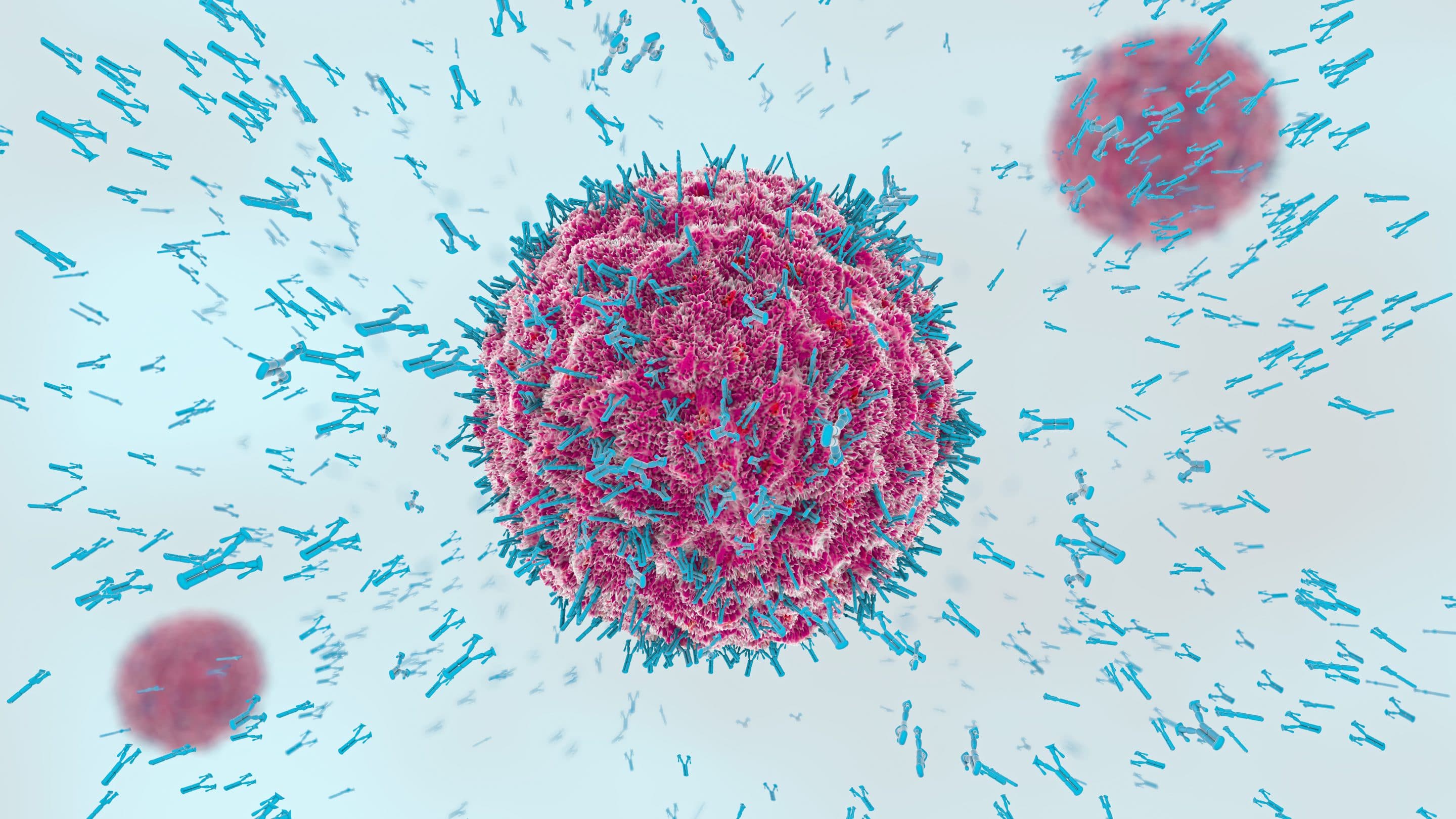On 18 March 2022, the Full Court gave highly awaited judgments in two cases[1] concerning the validity of patent term extensions (PTEs) in Australia. Together, these judgments confirm that it is imperative to seek a PTE based on the first product covered by the patent claims listed on the Australian Register of Therapeutic Goods (ARTG), even where that is a competitor product.
Australia’s PTE scheme offers extensions of term of up to five years on patents that cover approved pharmaceutical substances. In order to be eligible for a PTE, the patent must disclose and claim one or more pharmaceutical substances per se, or certain recombinant DNA products. Importantly, the PTE application must be based on the ‘first regulatory approval date’ of such a pharmaceutical substance. Where less than five years has elapsed between the effective filing date of the patent application and this first regulatory approval date the term of the PTE will be zero.
As we have reported, Merck Sharp & Dohme Corp. v Sandoz Pty Ltd concerned a PTE granted in respect of Merck’s Patent No. 2002320303, covering both sitagliptin and a combination of sitagliptin and metformin, which are used in the treatment of diabetes. Merck’s Januvia® product (sitagliptin alone) was approved first, and less than five years after the relevant patent date. Merck’s Janumet®, the combination product, was approved later. At first instance[2] Jagot J concluded that the PTE granted on the basis of Janumet® was invalid. On her construction of the relevant statutory provisions, the ‘first regulatory approval date’ is the first ARTG approval date for the group of products covered by the patent. Here, that was the approval date for Januvia® and since it was approved within five years of the relevant patent date, no extension was available. The submission that the patentee could effectively choose between different approval dates for different products was rejected.
On appeal, the Full Court has affirmed Jagot J’s reasoning in a unanimous judgment. This followed from a straightforward reading of the relevant provisions. However, the Full Court also rejected the submission that such a result was contrary to policy. It emphasised that the purpose of the PTE scheme is to balance the competing interests of a patentee whose exploitation of its monopoly has been delayed due to regulatory requirements and the public interest in the unrestricted use of the pharmaceutical invention after patent expiry. This was consistent with the recently introduced objects clause of the Patents Act 1990 (Cth) which also refers to balancing the interests of producers, owners and users of technology, and the public. The fact that the earlier product could be exploited from a time less than five years after the relevant patent date achieved the policy objective and a reasonable balance between the competing interests at play.
The result in Commissioner of Patents v Ono Pharmaceutical Co, Ltd[3] predictably followed suit in the applicable construction of the relevant statutory provisions. This case had an additional overlay that the earlier approved product, KEYTRUDA®, was not sponsored by Ono, but its competitor, Merck. As previously reported, the primary judge concluded that the PTE provisions are not triggered by a competitor product, and appeared to favour reasoning contrary to that of Jagot J in Merck. The Full Court confirmed that Ono could not rely on the approval of its later product, OPDIVO® in light of the earlier listing of KEYTRUDA®. The conclusion of the primary judge that the PTE provisions should be construed liberally on policy grounds was not accepted, bearing in mind that the legislative policy rested on a balancing of various interests, now explicitly recited in the objects clause. On the plain wording of the relevant provisions there is no discrimination between products of the patentee or others.
The Full Court’s confirmation of Merck likely leaves a number of PTEs vulnerable to attack, potentially shortening the effective patent period for significant commercial products. We have already seen one instance of this, in which a third party successfully obtained rectification of the Patent Register in the Patent Office to remove a PTE on Bayer’s patent covering its successful YASMIN and YAZ oral contraceptive products. Such strategies provide a cost effective and swift avenue to challenge PTEs, noting also that Merck demonstrates that a case of this kind can also be litigated in the Court to appeal conclusion in just over one year from issuing of proceedings.
[1] Merck Sharp & Dohme Corp. v Sandoz Pty Ltd [2022] FCAFC 40; Commissioner of Patents v Ono Pharmaceutical Co. Ltd [2022] FCAFC 39
[2] [2021] FCA 947
[3] [2021] FCA 643

Naomi Pearce
CEO, Executive Lawyer (AU, NZ), Patent Attorney (AU, NZ) & Trade Mark Attorney (AU)
Naomi is the founder of Pearce IP, and is one of Australia’s leading IP practitioners. Naomi is a market leading, strategic, commercially astute, patent lawyer, patent attorney and trade mark attorney, with over 25 years’ experience, and a background in molecular biology/biochemistry. Ranked in virtually every notable legal directory, highly regarded by peers and clients, with a background in molecular biology, Naomi is renown for her successful and elegant IP/legal strategies.
Among other awards, Naomi is ranked in Chambers, IAM Patent 1000, IAM Strategy 300, is a MIP “Patent Star”, and is recognised as a WIPR Leader for patents and trade marks. Naomi is the 2023 Lawyers Weekly “IP Partner of the Year”, the 2022 Lexology client choice award recipient for Life Sciences, the 2022 Asia Pacific Women in Business Law “Patent Lawyer of the Year” and the 2021 Lawyers Weekly Women in Law SME “Partner of the Year”. Naomi is the founder of Pearce IP, which commenced in 2017 and won 2021 “IP Team of the Year” at the Australian Law Awards.

Kate Legge
Special Counsel, Lawyer
Kate is an experienced IP and patent lawyer, providing IP leadership for pharmaceutical product development and commercialisation in global markets – from initial scoping through to post-launch.
She has developed and implemented global IP strategies over more than 15 years at multi-national pharmaceutical companies. She is an Australian qualified and registered legal practitioner, and has a Master’s degree in IP Law and a BSc in biochemistry.

